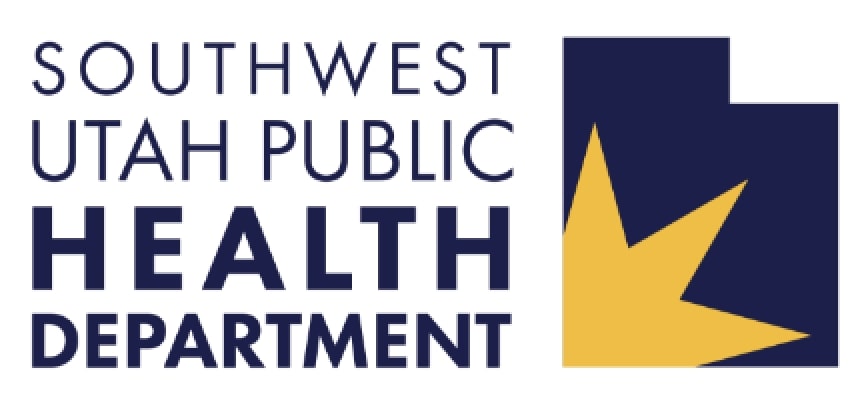
We have moved!
We’re excited to announce that we have relocated to a new web address! Please update your bookmarks and visit us at our new home: https://swuhealth.gov

We’re excited to announce that we have relocated to a new web address! Please update your bookmarks and visit us at our new home: https://swuhealth.gov